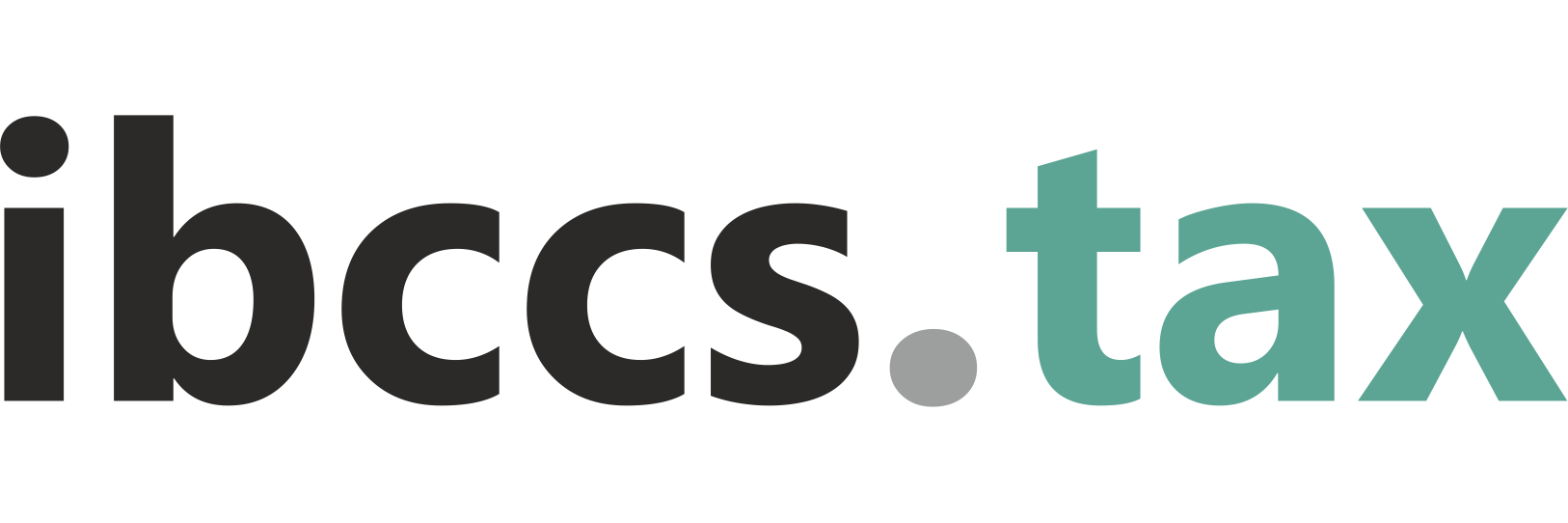In December 2021, the European Commission published the first proposal for the Anti-Tax Avoidance Directive 3 (ATAD 3). Its goal is to tackle the abuse of companies that do not carry out any economic activities – namely shell entities. Therefore, the directive is also known as the “Unshell Directive”.
The proposal was approved by the European Parliament in January 2023 with some amendments. The directive was initially intended to come into force on the 1st January 2024, after the ratification by all EU members.
However, the Directive is still with the Council of the EU and the EU member states for consultation and unanimous vote on the final proposal. After that, entry into force will only take place once the member states incorporate the Directive in its national legislations.
Even though the implementation of the ATAD 3 is being postponed again (new timeline: January 2025), its ratification is inevitable and companies in the EU should be already taking steps to comply with the new legislation.
Substance requirements
Table of Contents
ToggleATAD 3 aims to highlight the importance of minimal substance requirements and is applicable to all entities that can be considered resident in a Member State for tax purposes, regardless of their legal form.
Cyprus being one of the Member States of the EU will have to follow the rules, and implement the said Directive into national legislation. The Directive will have significant impact in all Member States and in particular to countries that do not have standardized substance requirements as they will have to implement technical rules to determine whether an entity has sufficient economic substance.
When applying the Directive, all entities have to go through various tests to determine whether they are presumed to be a shell entity.
Relevant Entities
An entity that falls within the scope of Directive will be considered “at risk“ and subject to further reporting if the three “gateway” criteria are cumulatively met:
(i) more than 65% (previously 75%) of the entity’s revenue in the preceding two years consists of “relevant income”(royalties, dividends and interest). This test is also met if more than 75% of the book value of the entity’s assets consist of real estate (or other private property of high value) or if more than 75% of the book value of the undertaking consists of shares, even if the assets are not income generating;
(ii) more than 55% (previously 60%) of the entity’s “relevant income” is earned or paid out via cross-border transactions (so when the company’s relevant income according to the first point is derived from or transferred to another jurisdiction). Alternatively, more than 55% (previously 60%) of the book value of its real estate (or other private property of high value) was located outside the jurisdiction of the entity in the preceding two tax years;
(iii) the entity outsourced the administration of day-to-day operations and decision-making on significant functions.
What are the minimal substance requirements?
Entities considered “at risk“ will then be required to report on minimal substance in their tax returns (together with documentary evidence) with focus on three elements:
- premises available for the exclusive use of the entity;
- at least one own and active bank account in the European Union;
- at least one director who lives close enough to the entity and is dedicated to its activities; or full-time employees that are engaged with its core income-generating activities and are habitually resident close to the entity.
Tax consequences for shell companies
In the case that at least one of the substance elements is not satisfied, an entity will be presumed to be a shell for the purpose of Directive and shall be exposed to a number of tax consequences, not limited to:
- The entity may either be denied the granting of a tax residency certificate or only be provided with a tax residency certificate with a warning statement;
- The entity may be disregarded from being granted the benefit under the relevant bilateral tax treaties and the relevant tax directives such as the Parent Subsidiary and/or Interest Royalties Directive;
- Subject to each MS decision, a minimum penalty of non-compliance is set of at least 5% of the entity’s turnover;
- Shell entities owing real estate assets for individual’s use will be subject to tax in the state where the asset is located.
How to prepare?
It is important to note that the assessments of shell companies will be based on circumstances during the last two tax years. This means that relevant entities should review their existing structure and substance, well in advance. We are monitoring the status of the final directive and soon we are going to share more information about practical substance implementation.
In case of any questions about the substance requirements according to ATAD 3 – we are ready to advice on how your company can prepare for the implementation of the Directive.
For further enquiries, please contact us by email on [email protected] or call our office in Cyprus on +357 222 58 777.


